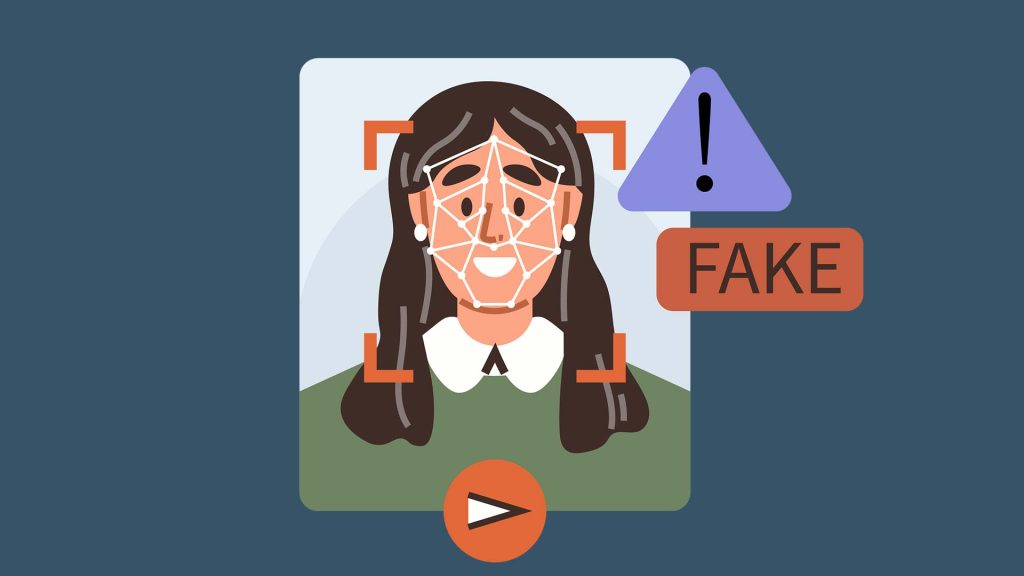PIERRE, S.D. – South Dakota Attorney General Marty Jackley has joined a coalition of 47 attorneys general to demand that major search engines like Google and payment platforms like Visa take stronger action against the spread of computer-generated nonconsensual intimate imagery (NCII), also known as “deepfakes”. The group sent two separate letters, one to search engine companies and another to payment platforms, on August 22, 2025, outlining their concerns.
“These companies are not doing enough to limit the creation of these deepfakes and to protect the public,” said Attorney General Jackley. “These images are being used to embarrass, intimidate, and exploit people, especially women and girls. It must stop.”
The attorneys general state that 98 percent of fake videos found online are deepfake NCII, which poses a significant harm to the public, particularly women and girls. While they respect the companies’ First Amendment rights, the coalition is asking them to assess how they can mitigate the harmful effects of deepfake NCII. The letters specifically request a description of how the companies currently identify and remove or restrict this content, and a commitment to take further action to avoid complicity in its creation and spread.
The letters highlight that payment platforms like Visa, Mastercard, American Express, PayPal, Google Pay, and Apple Pay have policies that prohibit their services from being used for harmful content. The attorneys general urge these companies to aggressively enforce these policies and actively work to identify and remove sellers of deepfake NCII tools and content from their networks.
For search engines like Google Search, Microsoft Bing, and Yahoo! Search, the attorneys general point out that while these platforms have successfully limited searches for other harmful content, such as instructions on how to build a bomb or how to commit suicide, the same limitations are not in place for searches related to deepfake NCII. They argue that searches for “undress apps,” “nudify apps,” or “deepfake porn” should not lead to unfiltered lists of creation tools and content, but should instead steer users away and provide appropriate warnings.
Jackley, who also holds the position of Vice President of the National Association of Attorneys General, presented legislation in the 2024 South Dakota Legislature to address this issue. The legislation, which was signed into law as Senate Bill 79, revised the state’s child pornography laws to include AI-generated images and videos. This includes manipulated “deepfake” images of actual children and AI-generated images that do not depict real people but are created to look like a child engaged in sexual acts.
The coalition’s letters were co-sponsored by attorneys general from Kentucky, Massachusetts, New Jersey, Pennsylvania, and Utah, and also signed by attorneys general from Alaska, American Samoa, Arizona, Arkansas, California, Colorado, Connecticut, Delaware, Georgia, Hawaii, Idaho, Illinois, Iowa, Louisiana, Maine, Maryland, Michigan, Minnesota, Mississippi, Missouri, Nebraska, Nevada, New Hampshire, New Mexico, New York, North Carolina, North Dakota, Ohio, Oklahoma, Oregon, Puerto Rico, Rhode Island, South Carolina, Tennessee, U.S. Virgin Islands, Vermont, Virginia, Washington, West Virginia, Wisconsin, and Wyoming.


